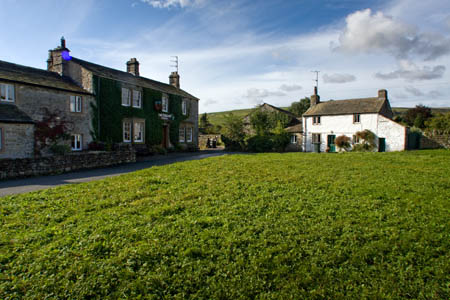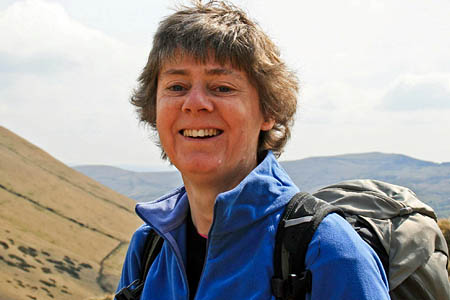A leading outdoors campaigner said coalition Government proposals will do away with ancient rights used to guarantee public use of open spaces.
Kate Ashbrook, general secretary of the Open Spaces Society, also said another Parliamentary bill will create exclusion orders for some public spaces.
Ms Ashbrook, writing in the society’s Open Space magazine, said: “The Government is striking at the very heart of prescription, the ancient right whereby an activity enjoyed for 20 years, unchecked, openly and without permission, acquires the sanction of law.
“That is how village greens are won, on the basis of 20 years’ enjoyment for recreation.
“The Growth and Infrastructure Bill will outlaw any application for village green on land which is earmarked for development, even though the earmarking may have been done in secret.
“And now the Government proposes to do away with people’s ancient ‘right to light’, based on householders’ uninterrupted enjoyment of natural light for 20 years.
“The Law Commission, with backing from ministers, is consulting on plans to axe the right to light, inspired by a court case which required the top storeys of a building to be removed because they blocked the neighbour’s daylight.
“Village greens and rights to light: both are alleged, with little evidence, to stand in the way of development – which for this government is paramount.”
Ms Ashbrook, who is also president of the Ramblers, added: “Even where we still have greens and open spaces, we may find we can no longer enjoy them.
“The draft Anti-social Behaviour Bill proposes to replace the current, nasty, gating orders, with even nastier ‘public spaces protection orders’ – in fact, exclusion orders.
“Unless the draft bill is amended, these orders may be applied to public paths and open spaces, including commons and greens. After limited consultation, they will make trespass there a criminal offence; unprecedented and oppressive.
“So there is plenty to fight against, and fight we shall.”
Land can currently be registered as a town or village green if it has been used by local people for lawful sports and pastimes – informal recreation – for 20 years freely and openly. Once registered the land is protected from development by nineteenth-century legislation.

